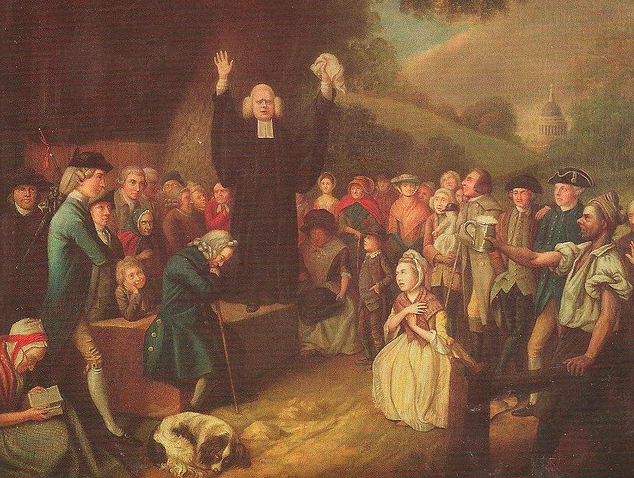Pros and consof consecutive expository preaching
Consecutive expository preaching has become vogue in many churches. I come from a background where it was not so common. In the Scottish Highlands, pastors tended to preach what the Lord “laid on their hearts and minds” each week. They were definitely expository sermons, yes, but they were not part of a months-long-series of sermons on one book, verse-by-verse and chapter-by-chapter. If one such series was being preached in, say, the morning service, usually the pastor would use the other sermon to preach on texts that had captivated or burdened him in the previous week. But the idea of having two long series (or even three if you include the midweek) running at the same time was rare and even frowned upon as “quenching the Spirit!”

However, since coming to the USA, I’ve come to appreciate that there are significant advantages to this increasingly popular method of consecutive preaching:
- The pastor and congregation are ‘stretched’ to
preach on and hear about subjects that would not be normally chosen; - The preacher and hearers are immersed in one book of the Bible for many weeks and months;
- It helps to keep passages in context;
- It teaches people how to read and study their Bibles;
- It provides a balanced diet and prevents pastors from sticking to their ‘hobby horses’;
- The pastor does not need to agonize over his choice of text each week;
- There does not need to be so much introduction and background given each week;
- The overall argument or narrative of the book is better grasped and understood;
- It helps people to see the overall plan of Scripture;
- It encourages people to prepare ahead by reading and thinking about the passage;
- It emphasizes the centrality and authority of Scripture.
Yes, many advantages, but let me now give you some tips on how to avoid the potential downsides:
- Ensure that each sermon is complete in itself, rather than finishing this week what you didn’t finish last week;
- The portion of Scripture for each sermon should not be too few verses, so that the series goes on too long, or too many, so that the preaching becomes shallow and superficial;
- There should be a memorable theme and points for each sermon rather than simply making it a running commentary;
- It may be helpful to read a related passage of Scripture rather than the same portion every week for many weeks;
- Prayerfully consider the need for variation. For example, a series on a Pauline Epistle might be followed by a Gospel or an Old Testament narrative book;
- Break the series from time to time to provide a change. Sometimes it may be wise to take a break for a few weeks or even months before returning to it;
- Be prepared to preach on a text the Lord ‘lays on your heart’ even if it breaks the sermon series. Remain “open” to God’s direction each week.
- Be conscious of your limitations. Few preachers can sustain their congregation’s interest in a long series of consecutive expository sermons, especially if two or more series are going on at the same time;
- Before finally deciding to start a series, read the book through a few times and begin to map out preaching portions. This will also help you to decide if this is the right book and if your own gifts will stretch enough to take it on;
- As starting a series is a major decision that will set the course of the congregation for a while, it may be wise to consult with some carefully chosen elders or mature Christians;
- Try to avoid becoming a mere teacher or lecturer rather than a preacher;
- There is no need for a long recap at the beginning of every sermon.
- Remember to preach evangelistically to the lost before you, rather than just to build up the Christians in the congregation;
With these caveats in mind, I hope we will be better able to avoid some of the disadvantages of consecutive expository preaching, and use its advantages for the greater glory of God and
the good of sinners.
No comments:
Post a Comment